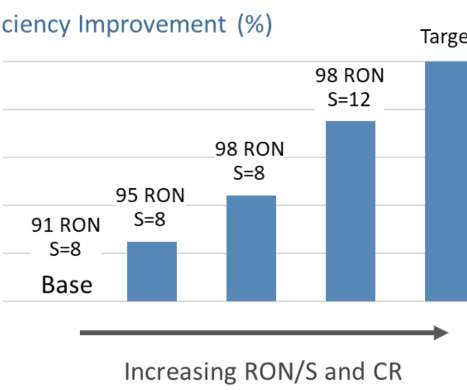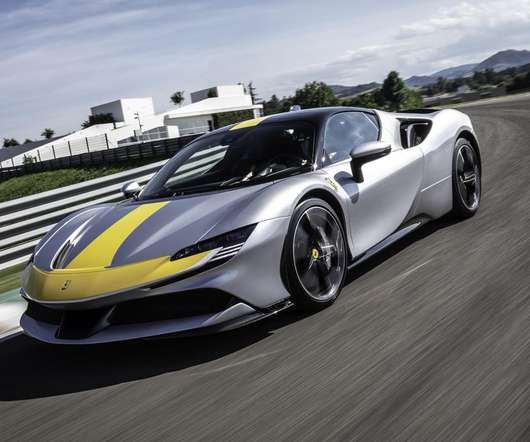MECA: industry could exceed relaxed US efficiency standards as it has to meet tighter standards elsewhere
Green Car Congress
APRIL 2, 2020
year-over-year increase in fuel efficiency and reduction in GHG emissions standards, which will result in projected overall industry averages of 40.4 We believe the industry could exceed the relaxed US efficiency standards as it must meet tighter standards in Europe, China, Japan, Korea and India. The final rule requires a 1.5%



































Let's personalize your content